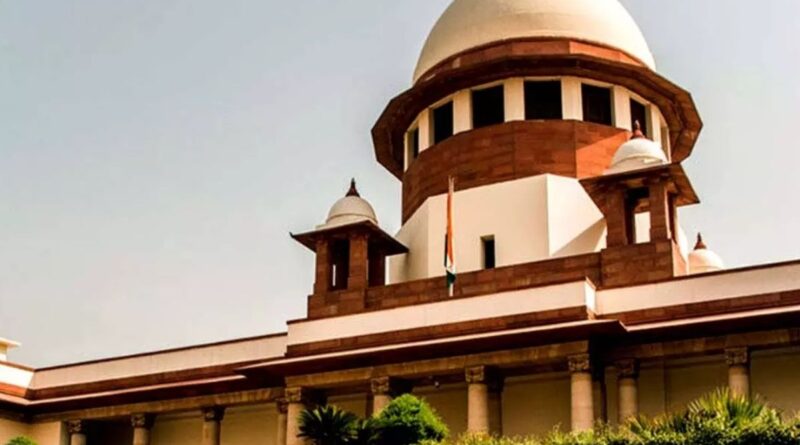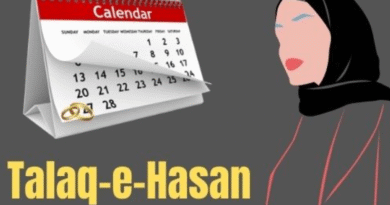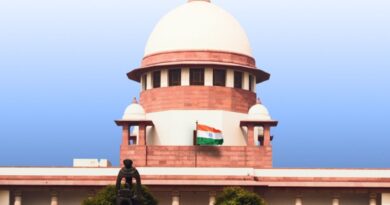Tamil Nadu Challenges Governor’s Power to Stall Bills Before Supreme Court
The Tamil Nadu government told the Supreme Court on Thursday that allowing Governors to withhold assent even to money bills would make them act like a “super Chief Minister.”
Senior Advocate Abhishek Manu Singhvi, representing Tamil Nadu, made this submission before a Constitution Bench led by Chief Justice of India BR Gavai. The Bench is hearing President Droupadi Murmu’s reference under Article 143 of the Constitution, which questions the Court’s earlier ruling prescribing time limits for the President and Governors to decide on Bills.
Singhvi countered arguments made by Senior Advocate Harish Salve, appearing for Maharashtra, who had claimed that Governors can deny assent to money bills. According to Singhvi, such a position would give Governors excessive power, undermining the role of elected governments. He argued that the Governor is always bound by the aid and advice of the council of ministers, even in the case of money bills.
Referring to Article 200, Singhvi said that if Governors permanently withhold assent, it would defeat the purpose of the provision. “Withholding must lead to returning. Otherwise, keeping a bill pending forever makes the phrase ‘as soon as possible’ meaningless,” he submitted.
The Bench recalled its earlier observations that indefinite delay by Governors in acting on bills could paralyse governance. The Court had previously ruled that while Article 200 does not prescribe a time limit, it cannot be used to stall the democratic process indefinitely. Similarly, under Article 201, the President must decide within three months, and reasons for any delay must be recorded and shared with the State.
Singhvi maintained that Governors and the President are constitutional heads without discretionary power in most matters. If a bill is unconstitutional, it can be struck down by the courts, but the Governor cannot sit in judgment over it.
The Constitution Bench is considering multiple questions referred by the President, including whether the Court can set procedural rules where the Constitution is silent and whether time limits imposed on Governors and the President reduce their discretionary space.
The hearings will continue next week.
✅ 5 Suggested Titles
- Tamil Nadu to SC: Governors Cannot Act as ‘Super Chief Ministers’ on Money Bills
- SC Hearing: Can Governors Withhold Assent to Money Bills?
- Tamil Nadu Challenges Governor’s Power to Stall Bills Before Supreme Court
- Governors Must Act on Aid and Advice, Not Override Elected Governments: TN to SC
- Supreme Court Examines Governor’s Role in Bill Assent Amidst Tamil Nadu’s Objections





